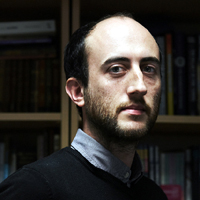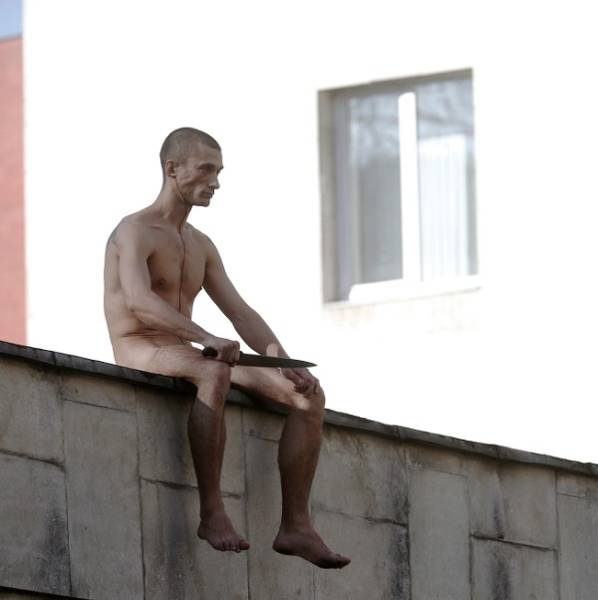
When, in August, I wrote a piece for New Humanist outlining three fairly obvious points about religion – that religious believers aren’t stupid, that they shouldn’t be excluded from public life and that the disclaimer “it’s a religion not a race” is no excuse for bigotry – my comments were met with howls of outrage in some quarters. Among the more creative responses, I was called an “apologist weasel” (if nothing else, Apologist Weasel would make a great Viz character) and told that I sounded like a man about to enter the priesthood.
I wasn’t surprised. As anyone who’s ventured online knows, to many people “atheist” has become a badge of identity, and an aggressive, exclusionary one at that. In a country like Britain, where being open about a lack of religious belief puts you in no physical danger, and does not hold back your career, your love life or your liberty, it doesn’t require much investment. For some, it’s become an easy way to feel smugly superior to the ignorant masses. Worse still, for others, it’s been co-opted into a paranoid right-wing project that would have us believe that the West is locked in a Clash of Civilisations with the Muslim world.
I don’t want any part of it. I’ve never been religious, but nor do I want to make a lack of belief the defining part of my identity. As far as I’m concerned, it is a fantasy – and a dangerous one at that – to imagine that the world’s problems would simply disappear if we somehow “abolished” religion.
Some might view this as a “soft” approach that compares unfavourably with the boldness of the New Atheists. But in fact, the temptation to throw up barriers and hide behind comfortable labels obscures a much more difficult challenge that faces us: in a world where societies are becoming ever-more diverse, how do we find common ground?
That’s where New Humanist comes in. We’re relaunching the magazine this week, and in our new-look quarterly format, we want to provide a space where people from different backgrounds, with different life experiences, can come together and discuss the kind of society we’d like to build. As Kenan Malik argues in his cover story for our Winter 2013 issue, age-old fears about “alien” cultures have been given a new lease of life by globalisation, under which the old political certainties have been eroded and identity politics have thrived. In Britain at least, the political consensus that “too much” diversity is a bad thing has become so stifling that dissenting voices are fast becoming marginalised.
Elsewhere in the issue, several pieces have Islam as their central topic. This is not because we believe Islam, for better or worse, to be a special case. Quite the opposite: as both Rachel Shabi, in a look back at the Arab uprisings, and Karima Bennoune (who we’ve interviewed) argue, it’s only by recognising the struggles going on within Muslim-majority countries and communities that we can start to have a productive conversation about how to defend people’s rights. Beyond that, our “Apostasies” columns feature accounts from people of different religious backgrounds talking about how they lost their faith – and why, in some cases, they’re reluctant to be open about it. It’s not just family or community pressure that makes them reluctant, but the impression that what lies on the other side – “atheism” – is the preserve of cloistered white men.
As Priyamvada Gopal sets out in a brilliant New Humanist essay on Edward Said, who died a decade ago, the true challenge is to find ways in which we can interact and co-exist in the world today. Said was a complex thinker, and we should no more idolise him than any other individual – but his commitment to the idea that the world could be understood through critical inquiry without reference to religion (a “secular humanism” that he saw as truly universal and not a Western value), while at the same time refusing to “denigrate, demonise and dehumanise”, is an inspiration to us. Or to put it another way, as Nina Power does in a separate piece for the magazine, our project is about “having the courage to question everything in such a way that no one belief system – religious or otherwise – is permitted to dominate”. That’s as good a mission statement for New Humanist as I can come up with; so please join us.

